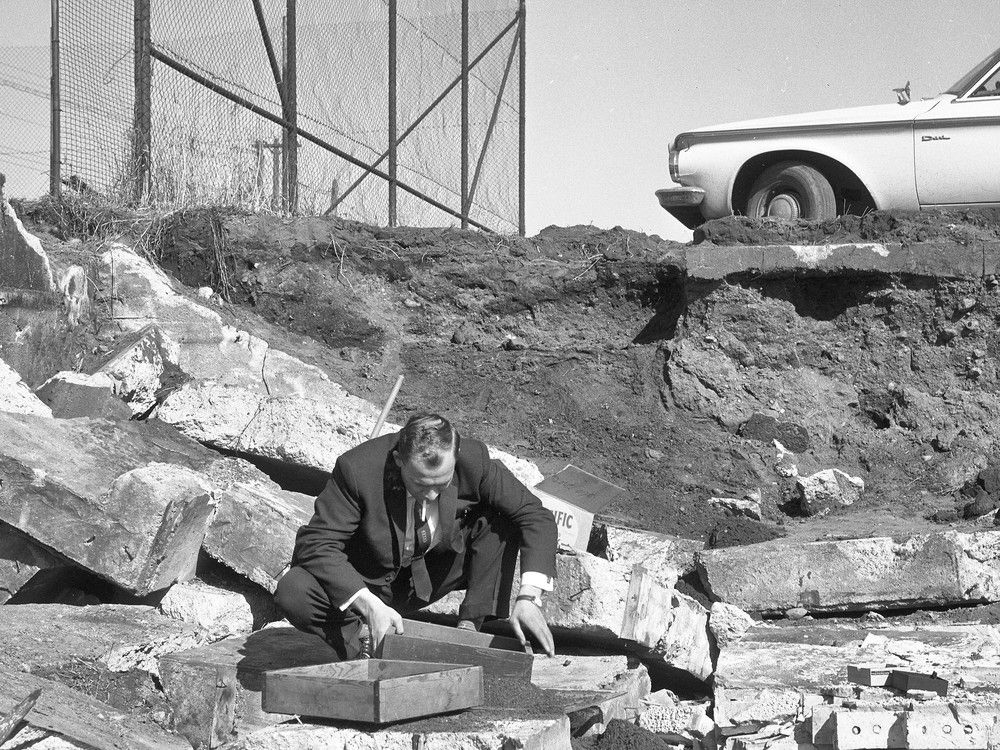
US President Donald Trump announced a 10 per cent baseline tariff on all imports, and higher duties on dozens of other nations, deepening the trade war he kicked off on his return to the White House. or signup to continue reading The sweeping duties would erect new barriers around the world's largest consumer economy, reversing decades of trade liberalisation that have shaped the global order. Trading partners are expected to respond with countermeasures of their own that could lead to dramatically higher prices for everything from bicycles to wine.
US stock futures sank after the announcement, following weeks of volatile trading as investors speculated about how the incoming tariffs might affect the global economy, inflation and corporate earnings. US stocks have erased nearly $US5 ($A8) trillion of value since February. "It's our declaration of independence," Trump said at an event in the White House Rose Garden.

The president used aggressive rhetoric to describe a global trade system that the United States helped to build after World War II, saying "our country has been looted, pillaged, raped and plundered" by other nations. Chinese imports will be hit with a 34 per cent tariff, according to Trump, on top of the 20 per cent levy that he previously imposed on that country. Close US allies were not spared, including the European Union, which faces a 20 per cent tariff.
A White House official, speaking on condition of anonymity, said the higher penalties will take effect on April 9 and will apply to about 60 countries in all. The baseline 10 per cent tariff will take effect on Saturday (US time), the official said. The "reciprocal" tariffs, Trump said, were a response to duties and other non-tariff barriers put on US goods.
"In many cases, the friend is worse than the foe in terms of trade," Trump said. Canada and Mexico, the two largest US trading partners, already face 25 per cent tariffs on many goods and will not face additional levies from Wednesday's announcement. The reciprocal tariffs do not apply to certain goods, including copper, pharmaceuticals, semiconductors, lumber, gold, energy and "certain minerals that are not available in the United States", according to a White House fact sheet.
Following his remarks, Trump signed an order to close a trade loophole used to ship low-value packages - those valued at $US800 ($A1300) or less - duty-free from China, known as "de minimis". The order covers goods from China and Hong Kong and will take effect on May 2, according to the White House. Chinese chemical makers are the top suppliers of raw materials purchased by Mexico's cartels to produce the deadly drug, US anti-narcotics officials say.
Trump is also planning other tariffs targeting semiconductors, pharmaceuticals, and potentially critical minerals, the official said. Trump's barrage of penalties has rattled financial markets and businesses that have relied on trading arrangements that have been in place since the middle of last century. Earlier in the day, the administration said a separate set of tariffs on auto imports that Trump announced last week will take effect starting on Thursday, US time.
Trump has already imposed 20 per cent duties on all imports from China and 25 per cent duties on steel and aluminium and extended them to nearly $US150 billion ($A240 billion) worth of downstream products. His advisers say the tariffs will return strategically vital manufacturing capabilities to the United States. Outside economists have warned tariffs could slow the global economy, raise the risk of recession, and increase living costs for the average US family by thousands of dollars.
With AP Advertisement Sign up for our newsletter to stay up to date. We care about the protection of your data. Read our .
Advertisement.















